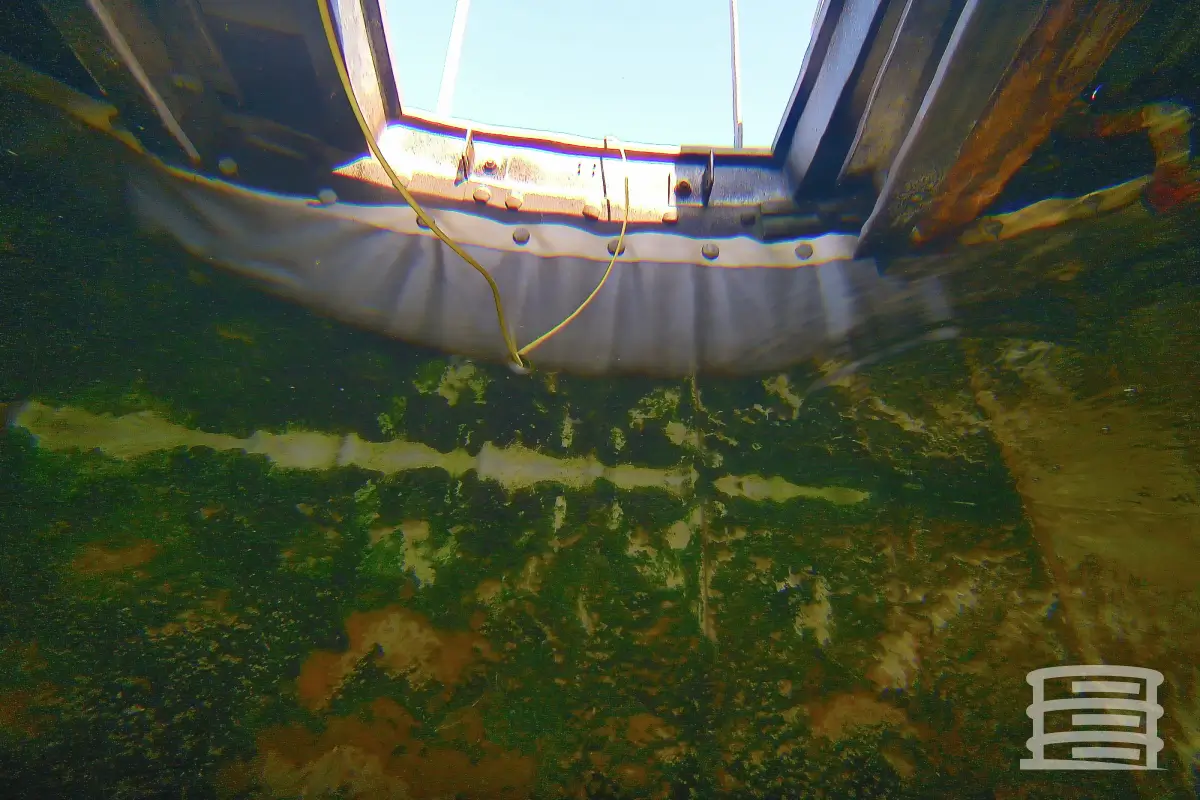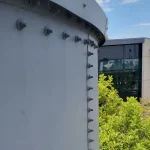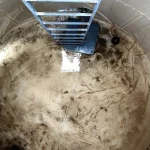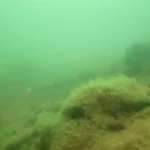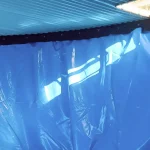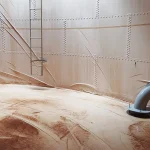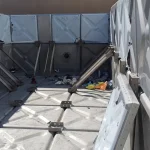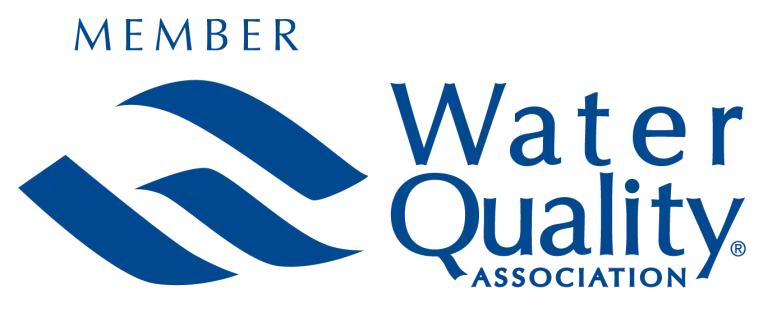Underwater drones are revolutionizing port inspections, boosting security, speed, efficiency, and overall response capabilities. These innovative tools tackle the longstanding challenges faced by ports in inspecting infrastructure and assets, making them a go-to solution for tank inspections.
Drones excel at gathering a wide range of data from previously difficult-to-reach locations. This translates to swift, safe, and accurate information gathering, which empowers better decision-making for port authorities. By proactively identifying potential problems through drone inspections, ports can address them before they escalate, minimizing downtime and maximizing the lifespan of their critical assets.
How does the Underwater Drone Work?
Inspections of tanks using underwater drones can improve safety, speed, efficiency, and overall responsiveness. The significant transformation in addressing traditional challenges faced by ports in infrastructure and asset inspections has made underwater drones an indispensable tool for tank inspections.
Drones can gather a wide range of data from difficult-to-reach locations, enabling rapid and secure collection of accurate information. This capability facilitates decision-making and proactively addresses potential issues. It also enhances the efficiency of maintenance planning, virtually eliminating downtime, and extending the lifespan of the port’s assets.
Cost Effectiveness of Producing this Type of Drone
Underwater drones have proven to be cost-effective in ensuring the durability and cleanliness of tanks. Their use eliminates the need for manual inspections, thereby reducing insurance costs for inspectors and workers alike.
Furthermore, a major benefit of employing underwater drones for asset inspection is their promotion of preventive inspections. This approach emphasizes proactive inspection practices rather than reacting solely to regulations or urgent requirements, which can have significant financial implications for businesses.
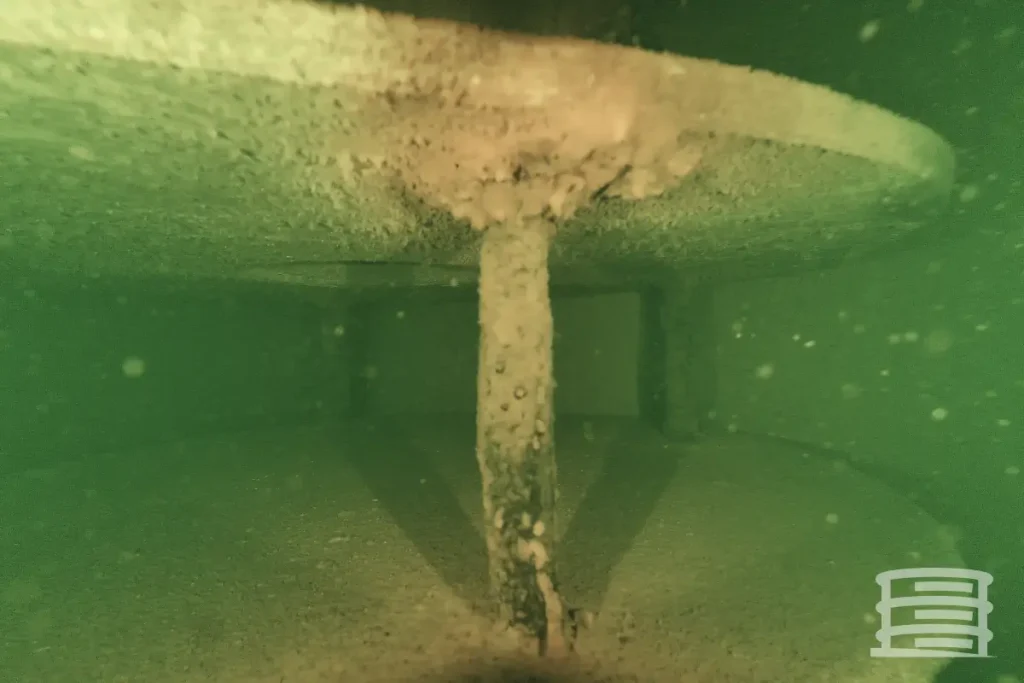
Challenges of Confined Spaces
Indoor inspections, such as tank assessments, present numerous difficulties. Tanks are typically poorly lit, hot, and may contain hazardous gases that aren’t detectable by odor. Traditional inspections often involve teams of inspectors navigating ropes without safety nets or constructing scaffolding within the confined space, tasks that are both time-consuming and hazardous.
However, underwater drone technology provides a solution to these challenges by allowing inspectors to conduct inspections more efficiently. This technology reduces health risks and lowers financial costs associated with traditional methods.
Underwater Applications
Drones are also employed for underwater visual inspections, enabling port authorities and border security personnel to inspect the hulls of passing vessels. These underwater drones, also known as ROVs, eliminate the need to send divers underwater and prevent vessels from experiencing costly delays associated with drydocking.
The ROV camera captures images of hull markings, rudders, sacrificial anodes, and propellers.
As technology continues to advance, drone usage is anticipated to grow, with future features possibly including detailed 3D models of internal assets and enhanced automation. Drones are a crucial, time-saving, and cost-effective tool for the maritime industry, applicable in the air, confined spaces, and underwater.
Compared to dive teams and work-class ROVs, our clients have reported up to 60% cost savings. Our micro/mini ROV is an unmanned underwater drone capable of conducting visual inspections at depths of up to 150 meters. The micro ROV is operated via a handheld console from a research vessel or quay, with results displayed on a secondary screen. Our reporting software provides clients with a comprehensive survey record.
To discuss any of the concepts described here in more detail, our friendly and experienced customer service team can help. We offer tried and tested services around Houston, Texas and Longbeach, California.
Call NFPA 25 Inspections by American Tanks at +1 800 656 0167
Or email at info@nfpa25inspections.com
